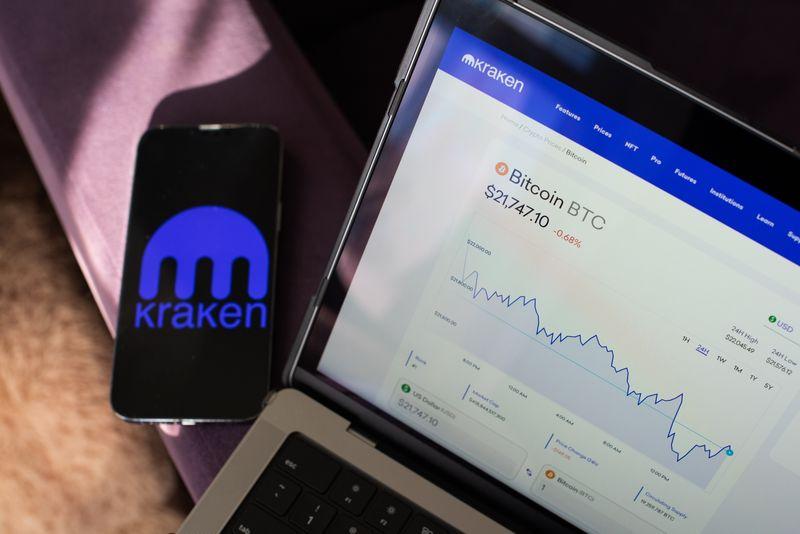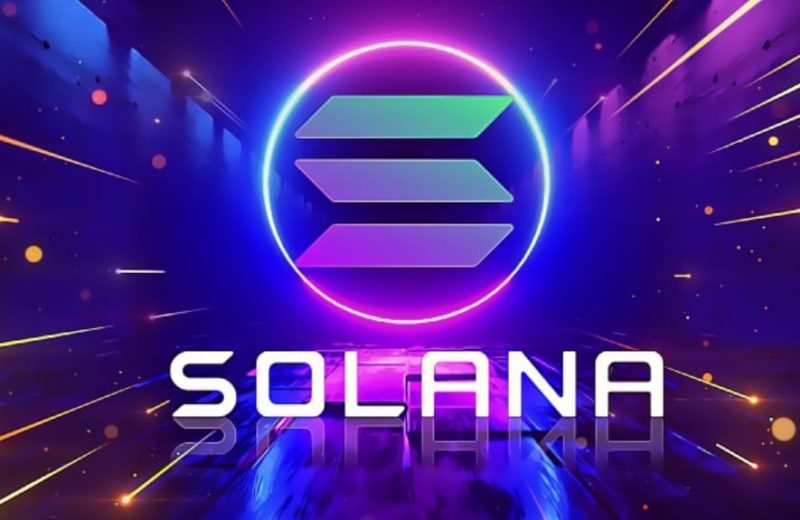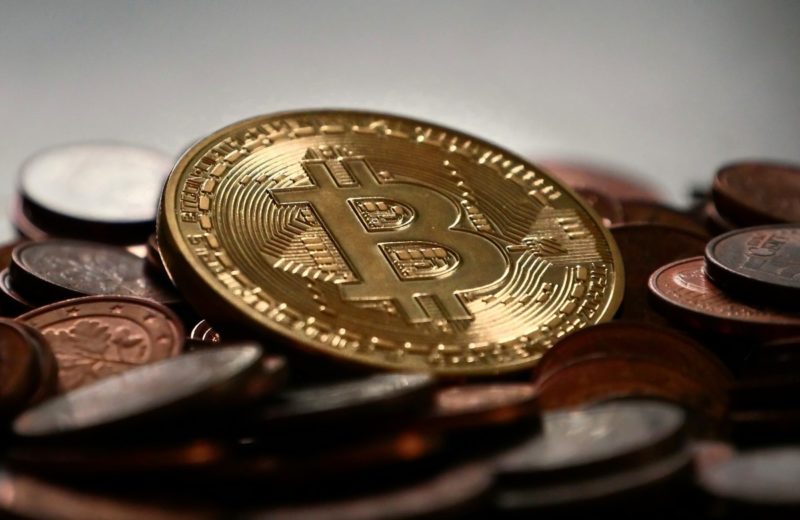This week, an unpleasant surprise rocked a vital segment of the crypto market. This segment, in the meantime, is fast becoming the lifeblood of many networks.
As part of a settlement with trading platform Kraken for $30 million and cooperation with the exchange, the US Securities and Exchange Commission (SEC) on Thursday signaled a ban on platforms that provide incentives to their users via a process known as staking. According to experts, it’s probable that other firms, such as bigger rivals Coinbase Global Inc, will sense the heat and stop offering their own staking services. They could even pull them offshore.
So what is staking? Staking Rewards is a data provider that studies 176 tracked assets. It estimates that by locking up their coins on blockchains, users may help order the activities that keep the protocols running and earn yields at a typical 7.7%.
Staking has deep roots in all things crypto
While it uses significantly less power than so-called proof-of-work chains like Bitcoin, the “proof-of-stake” approach for running a network has become increasingly popular in recent years. Staking Rewards puts the global value of all staked assets at $91.8 billion. Moreover, networks such as Ethereum, Tezos, Solana, Polygon, and Cosmos all rely on some form of staking to run their chains.
Investors pay a fee in return for access to large crypto exchanges like Kraken, Coinbase, and Binance. These companies take on substantial up-front expenses and technical knowledge for customers. Coinbase was likely to receive around $450 million in related income this year. It indeed is one of the largest providers of staking-as-a-service at $3.3 billion in value.
Christine Kim is a well-known research associate at Galaxy Digital. She claims that the Kraken enforcement action might shut down all retail-focused and US-based staking-as-a-service companies. In addition, more than 20% of all Ethereum staking is accounted for by Kraken and Coinbase. This means that proof-of-stake blockchains could have serious problems if the SEC’s recent enforcement action is against companies that offer staking services in the United States.
















